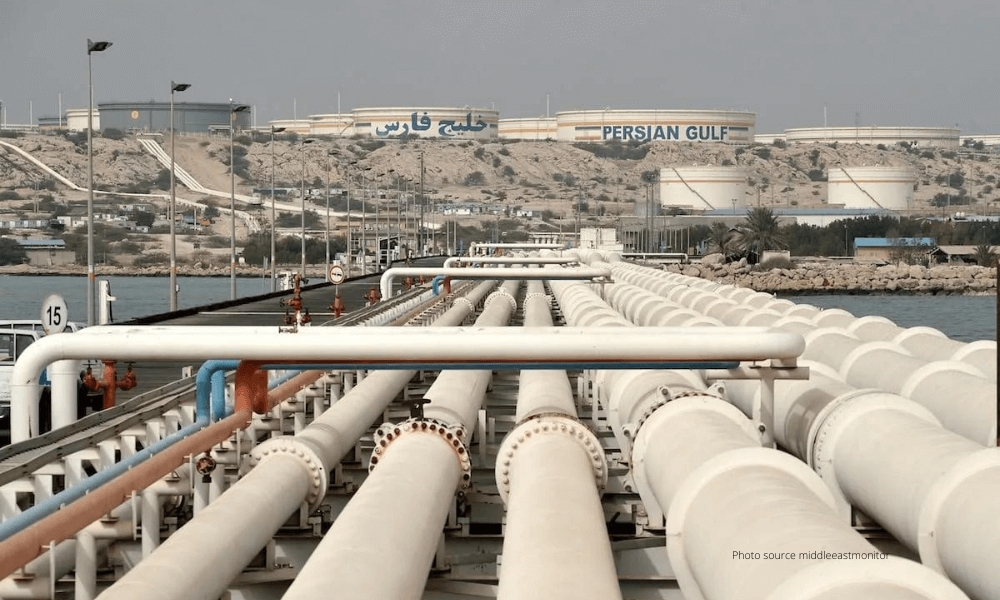
The UAE has threatened to react against Houthi terrorists for a devastating attack on its capital Abu Dhabi on Monday that killed three people, as renewed regional tensions pushed oil prices to their highest level in seven years.
Following the assaults, the UAE's Ministry of Foreign Affairs issued a statement saying, "We condemn the Houthi militia's targeting of civilian places and infrastructure on UAE soil today." "We stress that individuals responsible for our country's unlawful targeting will face consequences."
ACCORDING TO THE MINISTRY, the UAE "reserves the right to respond to these terrorist actions and criminal escalation," according to the ministry.
On Tuesday morning, international benchmark Brent crude futures surged 1.6 percent to $87.89 per barrel, while U.S. West Texas Intermediate futures jumped more than 2% to $85.56 per barrel. After a quiet trading day on Monday due to a public holiday in the United States, both oil contracts hit their highest level since October 2014.
Analysts have linked oil's recent bullish run to evidence of market tightness and ongoing fears of Russian intervention into Ukraine. Oil prices have been bolstered by the danger of further deterioration in the Middle East's security climate, prompting some to predict a return to triple digits.
Most significant attack on UAE
Yemen's Houthi rebels claimed responsibility for the attack, which took place Monday morning and caused fires that resulted in three petroleum tanker explosions near state oil firm ADNOC's storage facilities. The fires began in the industrial area of Musaffah. At a construction site near Abu Dhabi International Airport in the UAE capital, Abu Dhabi police said in a statement adding that they believe drones carried out the attack.
One Pakistani and two Indian nationals died as a result of the attacks. On Monday, authorities said that six other people were injured and treated for mild and moderate injuries.
Attacks by Houthi rebels — with whom the UAE has been at war in Yemen since a Saudi-led coalition began bombing the country in 2015 — have been common in Saudi Arabia, but this is the most significant strike by Houthis in the UAE and is the first in the country since 2018.
The UAE largely withdrew from the Yemen conflict in 2019 but continues to support forces fighting the Houthis, who receive financial and military backing from Iran.
The UAE is the third-largest oil-producing member of OPEC. ADNOC — the Abu Dhabi National Oil Company — controls oil operations in Abu Dhabi, home to the vast majority of the state's crude. The UAE is the world's seventh-biggest oil producer, pumping over 4 million barrels per day.